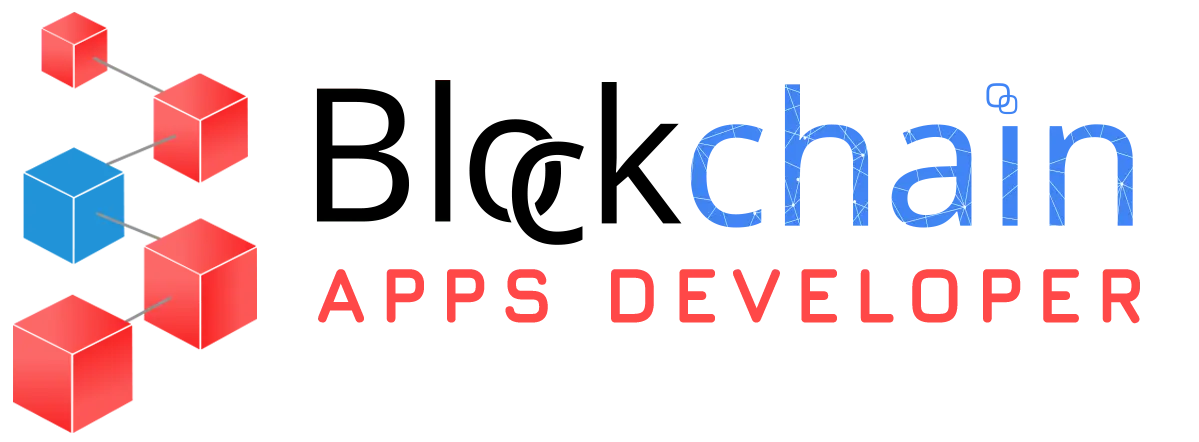
BLOCKCHAIN
Create Your Own Blockchain From Scratch
BlockchainAppsDeveloper is a Leading Blockchain Development Company, Which helps to Create Your Own Blockchain From Scratch with Cutting-edge Technologies. Our experienced team will guide you through the entire journey, from designing the architecture to deploying the blockchain solutions.
Talk To Our Experts
Table of Content
